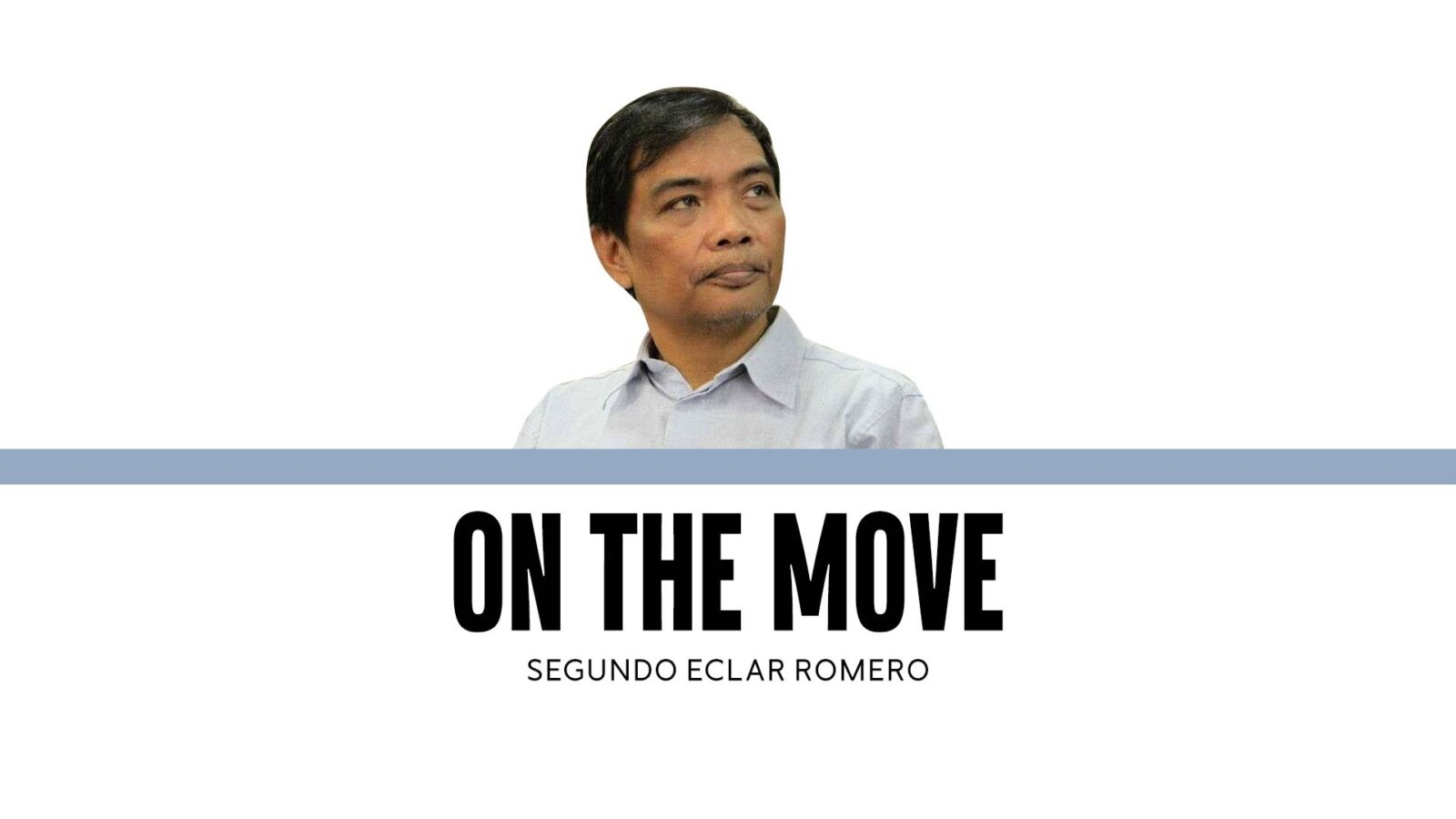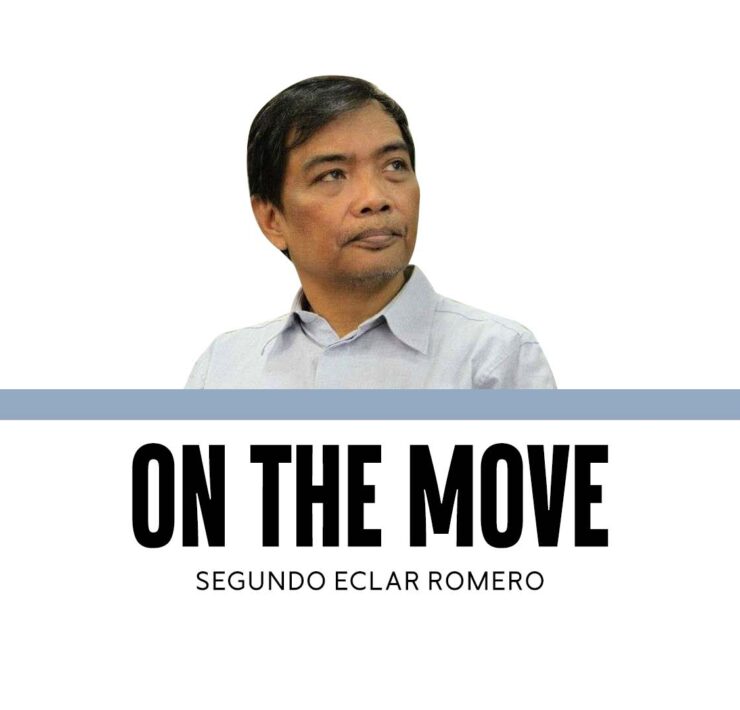Resignation as reform

The nation again stands at a dangerous crossroads. Billions meant to keep floods at bay were instead washed away by greed. As rivers rise, so does the anger of a people who have seen this movie too many times—grand projects, padded contracts, and the familiar procession of denials and excuses. The country seethes, yet the institutions meant to deliver justice move at the pace of mud. In this vacuum between outrage and impunity, we risk sliding toward the one outcome nobody truly wants: violence.
But there is another way—peaceful, lawful, and deeply moral. It begins with a simple act that does not need a court order or a revolution: resignation.
Resignation is not surrender. It is the highest expression of accountability in a democracy where public trust is the real mandate. A senator, a congressman, or a Cabinet secretary who steps aside while being investigated for corruption does not admit guilt. He or she merely acknowledges that the position is a public trust, not private property, and that trust must be preserved even while innocence is being proven. It is, in Filipino terms, “delicadeza”—a word that has almost vanished from our political vocabulary but still beats in the nation’s moral memory.
We are caught between the devil of impunity and the deep blue sea of mob anger. The justice system, itself riddled with delay and influence, offers little hope of swift punishment. People’s patience runs thin. Yet a violent uprising would only burn what is left of the republic. The challenge is to find a nonviolent outlet for moral energy—to create visible accountability before judicial accountability.
That outlet exists. Around the world, resignation has served as the pressure valve that prevents societies from exploding.
In Japan, ministers routinely resign for far smaller infractions—an unreported donation, an accounting lapse, a dinner with lobbyists. They do so not because they are proven guilty, but because they understand that leadership demands moral clarity.
In Iceland, the prime minister resigned within days of the Panama Papers revelations. Peaceful street demonstrations achieved in a week what endless court cases could not.
In Britain, the doctrine of ministerial responsibility obliges Cabinet members to leave once they mislead parliament. The resignation of dozens of ministers in 2022 forced a prime minister from office without a single riot.
Even in Malaysia, where the 1MDB scandal dwarfed ours, public outrage was channeled into elections. The ruling coalition fell, and a former prime minister went to prison. The path was democratic, not bloody.
The Philippine Constitution already provides the tools. The Ombudsman can suspend any public officer under investigation when the evidence is strong. Congress can suspend or expel its own members for disorderly conduct by a two-thirds vote. The Commission on Elections can immediately call special elections to fill vacated seats. None of these requires new laws—only political will and public insistence.
Imagine the moral power of that sequence: senators, representatives, and Cabinet officials implicated in the flood-control scandal publicly resign or accept preventive suspension. They declare, “I will not hide behind the slow wheels of justice. I will seek the people’s verdict at the next election.”
Resignation would also free investigations from interference and intimidation. It would show that we are still capable of shame, the first step toward healing. We cannot rebuild a moral nation if every accused official clings to office in the name of “due process.” Due process is the shield of the innocent; it was never meant to be the refuge of the shameless.
The Filipino word delicadeza once carried the force of law. Presidents and generals resigned when scandal touched their names because they understood that honor, not tenure, is the true measure of leadership. It is time to revive that code. Let the churches, universities, business councils, and civil organizations join in a delicadeza pledge, calling on all officials under credible investigation to step aside until cleared. Let the President himself lead by example, welcoming resignations not as weakness but as acts of patriotism.
The floodwaters of corruption have risen to our necks. We can no longer wait for courts to drain them drop by drop. The most courageous act today is not defiance but departure—the voluntary relinquishing of power so that honor, trust, and governance can breathe again. Let those implicated resign, not because they are forced to, but because they still remember what it means to serve with conscience.
—————-
doyromero@gmail.com


















